Efficient Electric Furnace Heating Systems Explained
Efficient electric furnace heating systems are contemporary units that offer a convenient, dependable, and eco-friendly approach to space heating. They are versatile solutions suitable for a range of settings including manufacturing plants, construction sites, residences, and agricultural premises, especially where conventional heating methods like steam or gas furnaces are impractical or uneconomical.
Central to the operation of an efficient electric furnace is the conversion of electrical energy into heat. This is typically achieved through resistive heating elements or electric arc furnaces in industrial environments. Resistive heating elements produce heat by passing an electric current through a conductor, transforming electrical energy into heat. Conversely, electric arc furnaces utilize electric arcs to directly heat materials, eliminating the need for a separate heating element.
Advanced technologies such as digital temperature control, high-efficiency particulate air (HEPA) filters, and variable-speed blowers are integrated into efficient electric furnaces to enhance performance and reduce energy consumption. These systems can function independently or be integrated into larger HVAC systems, providing both heating and air circulation.
Varieties of Efficient Electric Furnace Heating Systems
Efficient electric furnace heating systems come in various types tailored to different applications and needs:
-
Resistance Wire Furnaces: These furnaces operate by passing electricity through a coil of resistance wire to generate heat, commonly used for applications like heat treating and metal melting due to their high-temperature capabilities.
-
Muffle Furnaces: Specifically designed for materials sensitive to contamination, muffle furnaces feature a separate chamber (muffle) that shields the heating elements from reactive or delicate substances during processing. They are prevalent in laboratory settings for heat treatment procedures.
-
Arc Furnaces: Utilizing the heat from an electric arc between two electrodes, arc furnaces melt and refine metals and other materials, typically employed in recycling operations or processes requiring high temperatures with minimal energy input.
-
Microwave Furnaces: A relatively recent innovation, microwave furnaces use microwave radiation for quick and uniform material heating, niche products utilized in scientific research or specialized industrial applications.
-
Induction Furnaces: Operating on induction heating principles by creating an electromagnetic field to induce heat in metals or other materials, these furnaces are energy-efficient and commonly used in forging and casting processes.
Factors to Consider When Selecting Efficient Electric Furnace Heating Systems
Choosing an efficient electric furnace heating system involves evaluating various factors related to your business operations and the materials you work with. Consider the following:
-
Material Compatibility: Ensure the furnace is suitable for the materials you handle, as some are designed for specific materials while others can accommodate a range from ceramics to organic compounds.
-
Temperature Requirements: Evaluate the maximum temperature needed for your processes, selecting a furnace that meets your specific temperature requirements.
-
Energy Efficiency: Look for features promoting energy conservation like programmable thermostats, adjustable settings, or efficient heat distribution systems.
-
Maintenance Needs: Consider the maintenance requirements of the furnace and available after-sales services such as online support or field maintenance services.
-
Safety Features: Prioritize safety features such as automatic shut-off systems, overheat protection, and proper ventilation to ensure safe operation.
Additionally, consider local service availability to ensure support when required, match voltage requirements to local standards, and explore customized support options like OEM or ODM for specific modifications.
Exploring Efficient Electric Furnace Heating Systems on Alibaba.com
Alibaba.com is a leading marketplace for sourcing electric furnace heating systems catering to diverse industrial applications. Whether for a manufacturing plant or construction material production, Alibaba.com provides an extensive selection of efficient electric furnaces from global suppliers. The platform's commitment to facilitating global trade is evident through its user-friendly interface supporting multilingual communication and mobile accessibility for on-the-go procurement management.
With a vast supplier network, specialized electric heating systems tailored to business needs can be found on Alibaba.com without compromising quality. From energy-efficient melting furnaces for the steel industry to robust solutions for laboratory testing equipment, Alibaba.com offers the latest in electric heating technology.
By choosing Alibaba.com for electric furnace heating system needs, businesses benefit from features like Trade Assurance for secure payments until delivery confirmation, simplifying the acquisition of tailored industrial equipment. With a wide product range and dedicated customer service, Alibaba.com empowers businesses to enhance operations with reliable and efficient electric furnace heating systems.
FAQs on Efficient Electric Furnace Heating Systems
Available Types of Electric Furnaces for Different Materials
Electric furnaces, including resistance, induction, and arc types, cater to various materials and applications such as heating metals, melting materials, and processing ceramics.
Determining the Appropriate Size of an Electric Furnace
Consider material volume and required maximum temperature for your applications to select a furnace size that meets processing needs.
Energy Efficiency of Electric Furnaces
Electric furnaces, especially induction and resistance types, can be energy-efficient, quickly generating heat and maintaining consistent temperatures without excessive energy consumption.
Utilization of Electric Furnaces for Heat Treatment
Electric furnaces are commonly used for heat treatment processes like hardening, tempering, and annealing due to their precise temperature control and material versatility.
Key Safety Features in Electric Furnaces
Look for electric furnaces with safety measures like automatic shut-off, over-temperature protection, and ventilation systems to ensure operational safety.
Impact of Material Choice on Electric Furnace Performance
Material choice can affect furnace durability, efficiency, and maintenance requirements, crucial considerations depending on the application.
After-Sales Services with Electric Furnace Purchase
Typical after-sales services include online support, video technical assistance, and overseas machinery servicing by available engineers, varying by supplier.
Customization Options for Electric Furnaces
Many suppliers offer customization services like OEM, ODM, or OBM to tailor electric furnaces to specific requirements and processes.
Ensuring Consistent Temperature Control in Electric Furnaces
Consistent temperature control is achievable with advanced controllers and sensors that adjust power levels automatically to maintain set temperatures precisely.
Significance of PID Auto Control in Electric Furnace Systems
PID auto control is essential for maintaining steady furnace temperatures within desired ranges, minimizing energy consumption and material thermal stress.
Possibility of Using Electric Furnaces for Heating and Cooling
Some electric furnaces may offer heating and cooling functionality through reversible heat pump features, depending on the model's design capabilities.









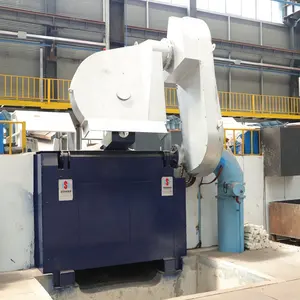






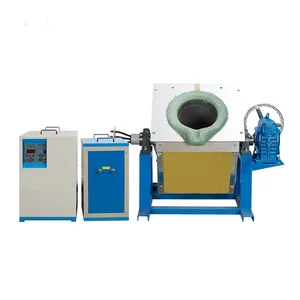


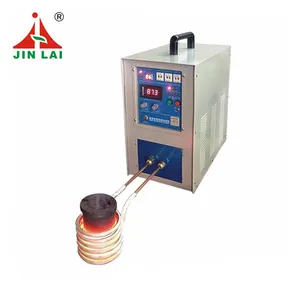




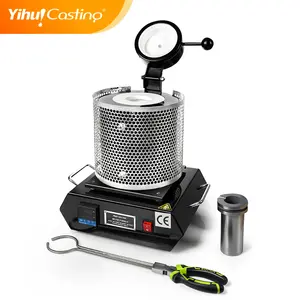

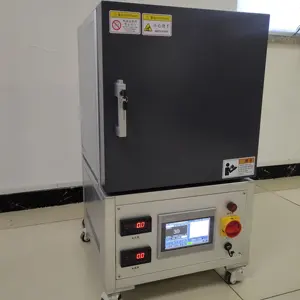
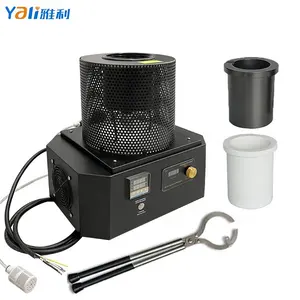

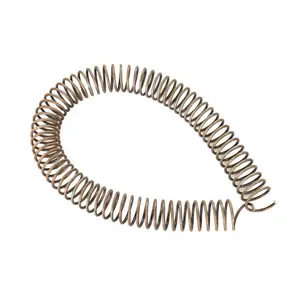






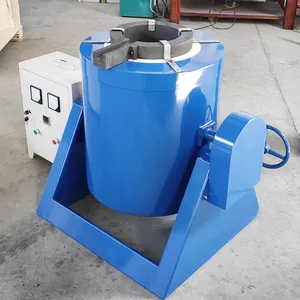


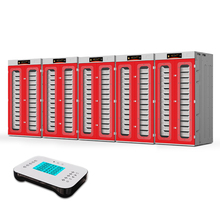
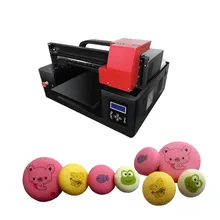





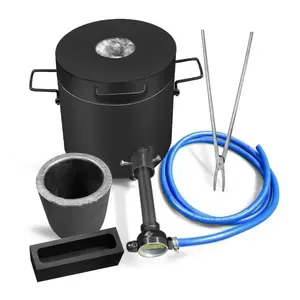
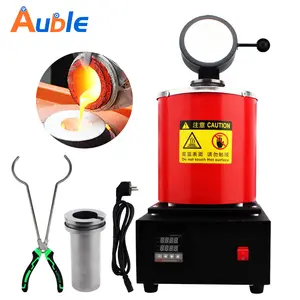
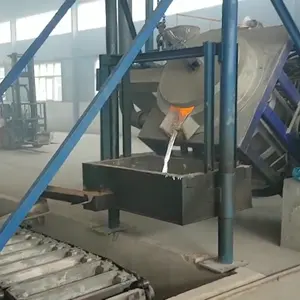

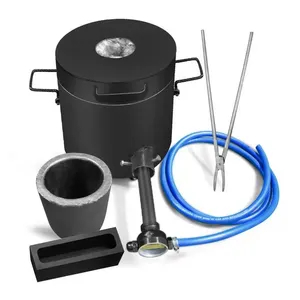

























 浙公网安备 33010002000092号
浙公网安备 33010002000092号 浙B2-20120091-4
浙B2-20120091-4